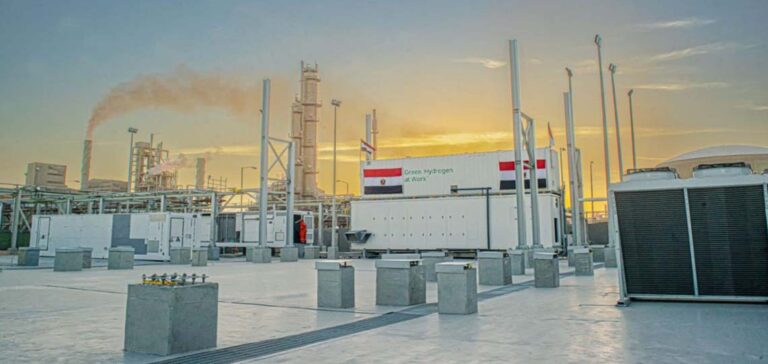In a global landscape where fuel poverty and climate change are forcing us to rethink our energy sources, theInternational Energy Agency (IEA) and Egypt are consolidating their relationship through a joint work program. This partnership is determined to make a significant impact on the energy transition by focusing on key areas such as the reduction of methane emissions, the development of renewable energies, and the advent of hydrogen as the energy of the future.
Key objectives of the joint work program
Cooperation will extend over the next two years, building on Egypt’s recent accession as an associate country to the IEA. Likewise, it reflects a strategic alliance that goes beyond energy initiatives to embrace aspirations towards energy stability and resilience. The program details initiatives aimed at reducing the carbon footprint of the hydrocarbon sector and increasing the share of renewable energies in Egypt’s energy mix.
Hydrogen and renewable energies at the heart of the transition
Concrete actions to reduce methane emissions in the oil and gas industries, hydrogen valorization, the development of infrastructure for renewable energies and in-depth collaboration on the sharing of energy data and statistics are the cornerstones of this program. This multi-dimensional approach reflects the determination of Egypt and the IEA to adopt a proactive and pragmatic approach to contemporary energy challenges.
Egypt: a pivotal energy player on the world stage
The high-level meeting between IEA representatives and Egypt underlines the importance of this collaboration. With its key role as a natural gas producer and exporter, Egypt is firmly positioned in the global energy transition. At the same time, the move towards cleaner energy resources and improved efficiency is seen as essential to the quest for sustainability.
The implications of the agreement for global energy security
The joint initiative comes at a time of heightened need for reliable energy security and sustainable ecological solutions. By making concrete commitments, such as joining the Global Methane Commitment, Egypt is demonstrating its responsibility as an active member of the international community, ready to face the challenges of climate change while guaranteeing the accessibility and reliability of its energy resources.






















